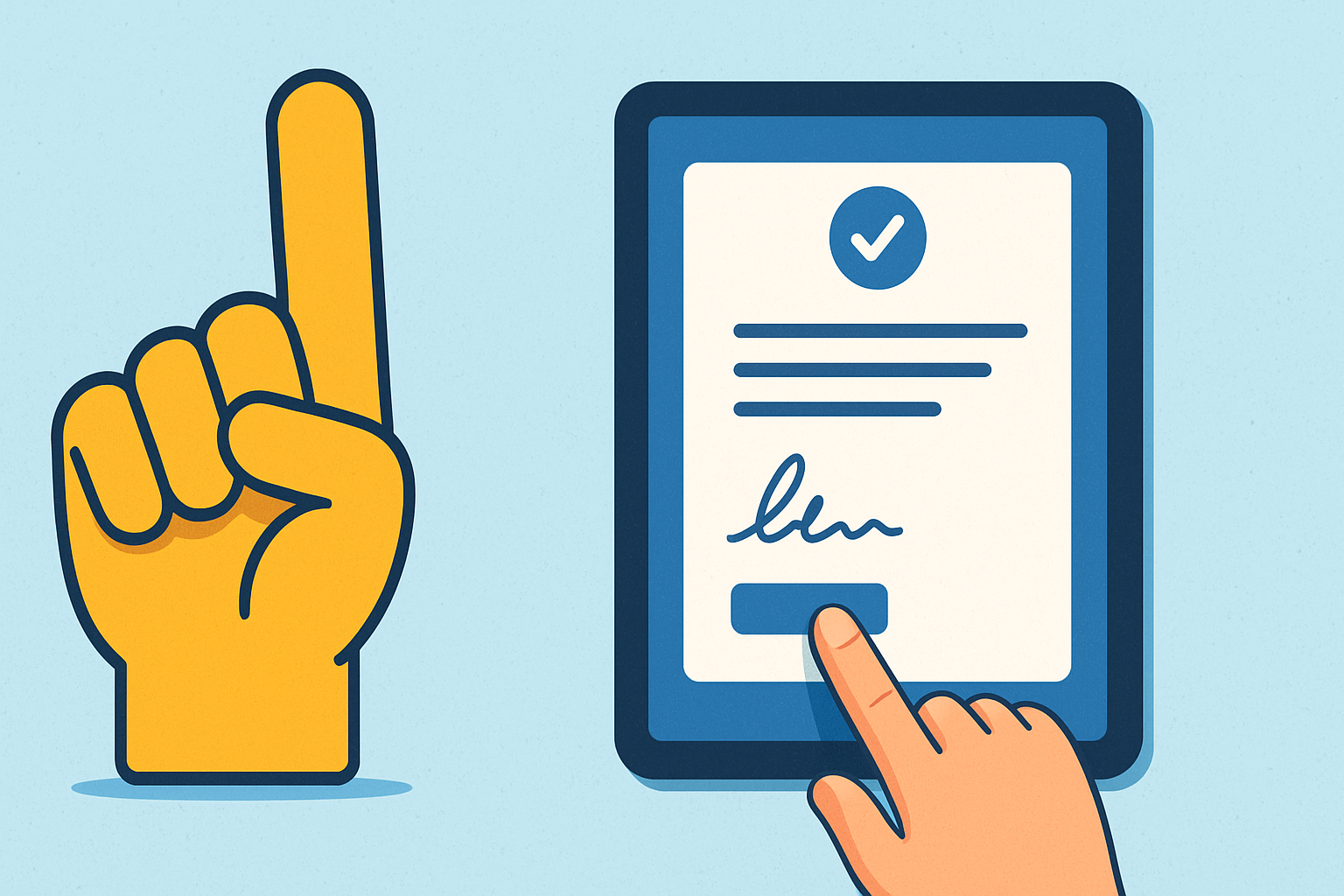
When someone is injured due to another’s negligence, the path to fair compensation often comes down to two possible routes: settlement or trial. Each option comes with its own benefits, risks, and processes. Settlements often provide quicker resolutions with more certainty, while trials can offer the chance for a larger outcome but involve extended timelines and unpredictability. Choosing between the two is rarely simple and requires understanding how each approach shapes the case and impacts the injured party. We will explore the differences between settlement and trial in personal injury law and the important factors surrounding both.
Key Differences Between Settlement and Trial
- Time and Process Involved
One of the most noticeable differences between settlement and trial is the time commitment each requires. Settlements typically conclude much faster because they involve negotiation between the parties, often before a lawsuit even reaches the courtroom. This is appealing for many injured individuals in places like Jersey City, NJ, who need funds quickly to cover medical bills, lost income, and other financial burdens caused by the injury. On the other hand, trials can take months or even years to resolve. This is because the process involves multiple stages such as discovery, witness depositions, motions, hearings, and eventually the trial itself.
During this time, the injured party may face ongoing financial and emotional stress while waiting for resolution. The extended timeline can be discouraging, but for some, the possibility of achieving a greater award at trial makes the wait worthwhile. Understanding the differences in timing helps individuals weigh the urgency of their needs against the potential benefits of patience.
- Certainty Versus Uncertainty of Outcomes
Settlements provide a level of certainty that trials simply cannot guarantee. When both parties agree on a settlement, the injured person knows exactly how much compensation they will receive and when. This sense of closure can reduce stress and allow them to move forward with their life. Trials, however, carry unpredictability because the outcome depends on the jury or judge. Even if evidence seems strong, the possibility of losing or receiving less than expected always exists. Additionally, appeals can further delay or alter the final outcome. While trials sometimes yield higher compensation than settlements, they are never risk-free. For many individuals, the trade-off between guaranteed compensation through settlement and the uncertainty of a trial is one of the most important factors in deciding which path to take. Choosing certainty may feel safer, while others may embrace risk in pursuit of a more significant result.
- Control Over the Decision
Control plays a critical role in how settlement and trial differ. In settlement negotiations, both parties have a say in the outcome. The injured individual and the defendant, often through their attorneys, can discuss terms, reject offers, and ultimately agree on a resolution that both sides find acceptable. This collaboration gives the injured person some influence over the final result. Conversely, trials shift control to the court. Judges and juries decide the outcome, meaning the injured party has no direct say once the case is in their hands. This lack of control can be frustrating because no matter how prepared or confident a person feels, the decision ultimately rests with others. Many people prefer settlements because they allow for negotiation and agreement, while trials often feel like surrendering control to strangers. Understanding this distinction can help people decide whether they want more influence over the outcome or are willing to leave the decision to the justice system.
- Financial Considerations and Costs
Financial factors are another major difference between settlement and trial. Settlements often result in fewer expenses because the process is shorter and less demanding. Legal fees, court costs, expert witnesses, and other expenses add up quickly in a trial, sometimes reducing the final amount the injured party takes home. In a settlement, these costs are usually lower, which means a larger share of the compensation goes directly to the injured person. However, trials sometimes lead to higher awards, which can offset the higher costs if the verdict is favorable. The challenge lies in balancing the financial risk against the potential reward. Some individuals prefer the security of knowing they will receive compensation without accumulating extensive expenses, while others are willing to endure higher costs for the chance at a more significant payout. Carefully considering financial implications is essential when deciding between settlement and trial in a personal injury case.
- Emotional Impact and Stress Levels
The emotional toll of settlement versus trial should not be overlooked. Settlements usually involve less stress because they avoid the lengthy courtroom process. Injured individuals can resolve their claims privately without reliving traumatic experiences in a public trial. This quicker resolution can reduce anxiety and help them focus on recovery. Trials, however, often require the injured party to testify, undergo cross-examination, and have their personal life scrutinized. This can be emotionally draining, especially when dealing with the aftermath of an injury. The stress of waiting for a jury’s decision can also be overwhelming. For many people, the emotional relief of a settlement outweighs the possibility of achieving a larger verdict at trial. Others, however, may feel strongly about having their day in court and holding the defendant publicly accountable. Balancing emotional well-being with the pursuit of justice is an important part of the decision-making process.
Settlement and trial represent two very different approaches in personal injury law, each with its own advantages and challenges. Settlements provide quicker resolutions, more certainty, and privacy, making them appealing to those who want closure without prolonged stress. Trials, on the other hand, offer the possibility of greater awards but come with uncertainty, extended timelines, higher costs, and emotional strain. Ultimately, the choice between settlement and trial depends on personal priorities, financial needs, and emotional resilience. Understanding these distinctions allows individuals to make informed decisions about their legal journey.











